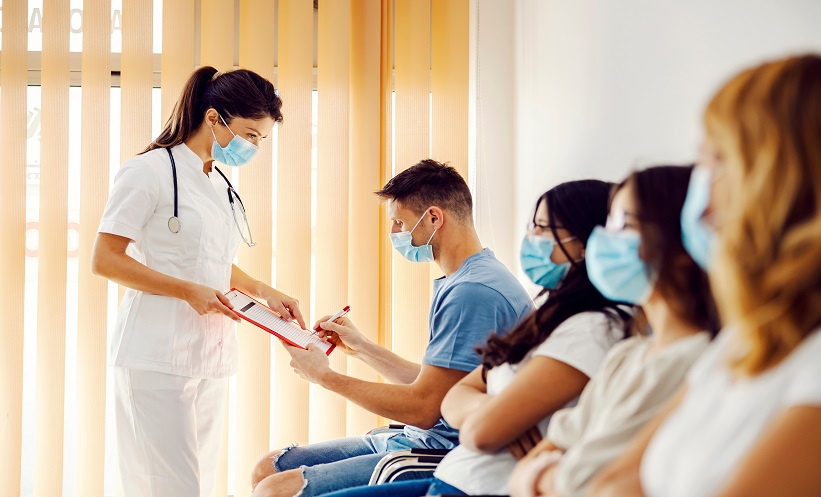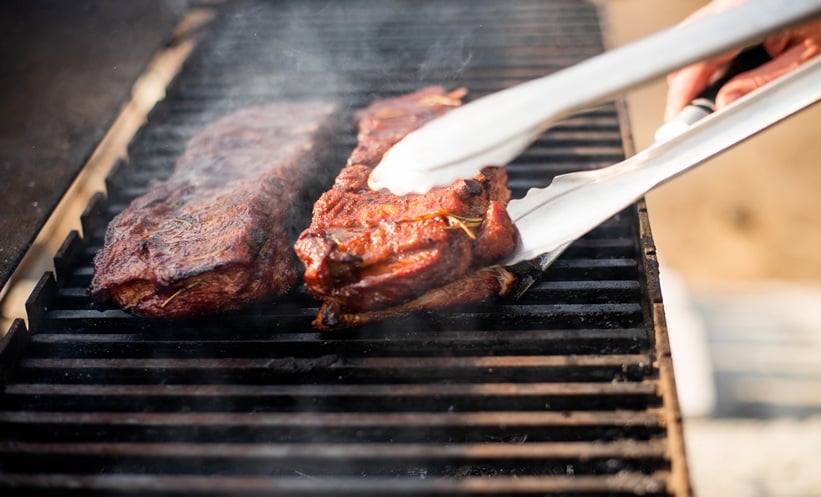SOCIOECONOMIC barriers and medical distrust hindered COVID-19 vaccine completion among cancer survivors, a high-risk group for severe outcomes from the virus, according to a recent study. By summer 2021, only 73.7% of cancer survivors in a U.S.-based cohort had completed their initial COVID-19 vaccination.
The study, which analyzed 514 cancer survivors enrolled in the “All of Us” research program, highlighted critical patterns in vaccine uptake. Key findings revealed that each additional socioeconomic status (SES) barrier—such as lack of health insurance, low income, or unstable housing—reduced the likelihood of receiving full vaccination by 40%.
Medical distrust also played a significant role, with those expressing high distrust having 56% lower odds of completing their vaccinations. Similarly, a perceived lack of need for the vaccine decreased the odds by 39%. Interestingly, race was not a statistically significant factor, suggesting that SES barriers largely explained observed disparities in vaccine uptake among racial and ethnic groups.
These findings underscore the importance of addressing SES disparities and fostering trust between healthcare providers and cancer survivors. Mitigating these barriers is crucial to improving adherence to COVID-19 booster schedules and ensuring adequate protection for this vulnerable population.
Reference: Saeedi N et al. Early COVID-19 Vaccine Initiation and Completion Among Cancer Survivors and Barriers to Vaccine Completion: Implications for Future COVID-19 Vaccination Uptake Rates. Cancer Med. 2024;13(22):e70428.
Anaya Malik | AMJ








